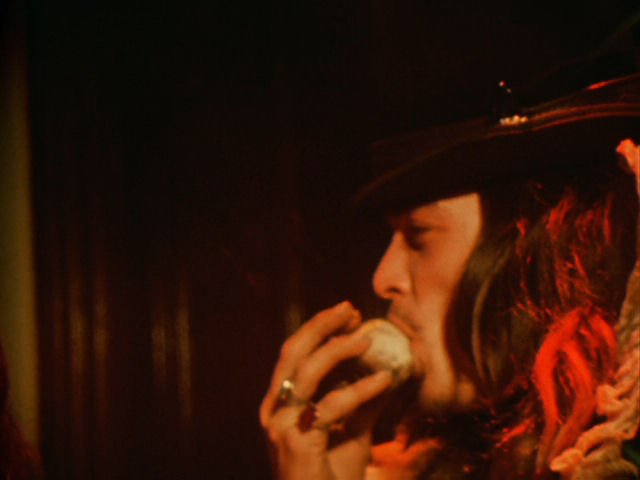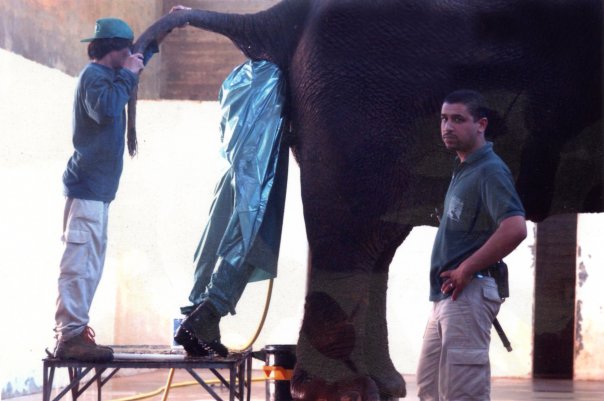Power Quote: Nonfiction is Translation

“Say I’m writing an essay about my buddy Nate. If I remain completely faithful to the source text, I’d interview Nate and transcribe his quotes exactly, even keeping his incomplete sentences and particular use of “dude,” “man,” “you know what I’m sayin’,” fillers. Documentary playwrights have used this technique to capture a character through the preservation of unique speech patterns. Nate would be left as he is, the reader would have an awkward experience, and the target text would be thus foreignized. If I want to completely domesticate Nate, I wouldn’t interview him; I’d compose all his statements so the reader would have a totally fluid, coherent, rhythmic, economical, etc. speaker on the page. That wouldn’t at all be the Nate that exists in the real world (because no one actually speaks like this) but the reader would glide down the page with no trouble. Memoir is likely to take this approach. If I want to do something in between, I can do what a journalist does: interview Nate to capture his words and the way he uses them, but complete his sentences and give him the veneer of eloquence.
“Or—and this is what more realistically happens both in the art of translation and the art of nonfiction—the decision to domesticate or foreignize the source text comes line-by-line, word-by-word.”
—Brian Goedde
From a short, sharp essay on, as the title says, creative nonfiction as a form of translation.
(I worked with Goedde a number of years ago and just happened to think about him. At the time, he published a short book/long essay about hip-hop that I liked quite a bit. Apparently, he really pissed off Michelle Malkin and some jackass Freepers in late 2007 with this NYT essay. Good for you, Brian.)
3:am has a fantastic interview with Dennis Cooper regarding, among other things, Ugly Man (which I read in one sitting last week and loved, a possible explanation for my recent influx of sublimely jarring dreams), and includes the quote: “The generally held idea that the kinds of things I write about aren’t ’serious’ or aren’t what a truly serious literary work would concentrate on is just an insurmountable and boring enemy that I accepted would be there for all eternity a long time ago.”
Poeem
your whitespace
made my
pus sy
the wet
test
it has
eve r
been f’real
Michael Bay eating a bowl of cereal
In the theme of Michael Bay memes lately, here:
Demon Brother: 6 Thoughts on Heart in Fiction

I’ve heard / been asked a lot about the concept of ‘heart’ lately, and last night I couldn’t sleep. So here:
1. Writing your heart out to me does not express heart. What expresses heart is the well wrought idea, sentence, conception. I, a reader, care because you care, and how the saying is said shows. If you could not take the time to say something to me in a way I might remember, I will not remember. Misconstruing a subject matter as ‘human’ only goes so far, which is, often, not far at all. I can always go outside.
2. The reader can always go outside. The question is not ‘Why are you telling me this?’ but ‘In what way are you saying this that would make me extricate this now from anything anyone before or after you has ever said?’
Two New: Wag’s Revue & Rabbit Light Movies
Wag’s Revue #2 features an interview with T.C. Boyle, a handful of K. Silem Mohammed’s exactly-anagramatized Shakespeare sonnets (must be seen to be believed), Mathias Svalina, Kenneth Goldsmith, Stephen Elliott and more.

Rabbit Light #9 features poemfilms of Joshua Beckman, Dorothea Lasky, Graham Foust, caconrad, Brandon Shimoda, and more.
June 29th, 2009 / 12:26 pm
baby htmlgiant
found all these “so cute” baby photos, figured i’d post them. figured “why not.”

baby blake screaming lyrics to happy birthday

little jimmy chen chen listening to berenstein bears book on tape
Famous Blue Raincoat

Wait, I thought Leonard Cohen’s Famous Blue Raincoat was a letter of concession that Cohen wrote to a mutual friend who successfully courted his wife, encouraging him to treat her well. Damn, that was romantic. Too bad I’ll never think of that song the same way again.
